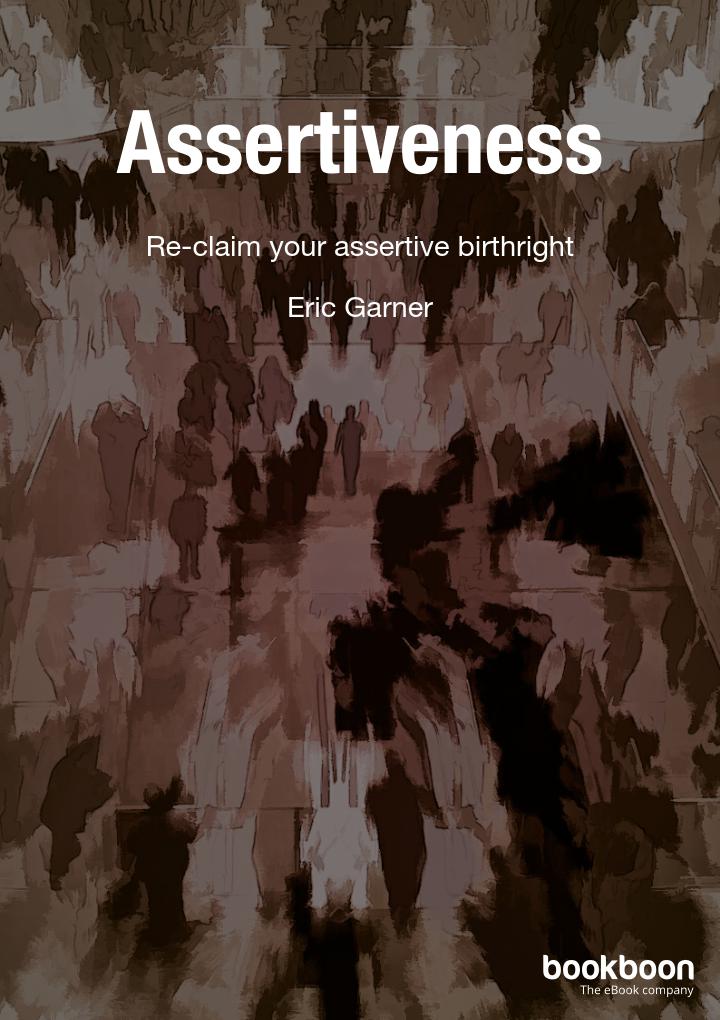How best to respond to conflict – avoid or attack?

Conflict is an ever-present feature in organisations where people work together. Conflict can arise in your job over differences of opinion; it can also arise on a personal level between people who don’t get on. Often we feel that we have no choices in conflict. Like nations, if we are attacked we feel we only have the choice of attacking back or taking things lying down. But we do have choices. And those choices enable us to make the best decisions about how to respond. Here are the main choices in conflict.
Avoidance
Some people react to any kind of conflict by avoiding it. They blank it out, withdraw and take no part. Unfortunately, while this may be a useful move in calming things down, it also allows others to walk all over us. Avoiders are like snails. Whenever a conflict appears, they retreat into their shells. They often feel helpless and unhappy because they don’t get what they want. Nor do they get close to others.
Yield and Bend
Yielding in the face of force can be a wise tactical move. It gives you the chance to wait until the dust settles and then come back to the issues at a better time. Doing this is like the water reed that bends in the storm and doesn’t break, unlike the defiant oak that does.
Direct Aggression
Aggression often feels like the only option when faced with aggression from someone else, particularly if your rights or those you care about are under threat. However, direct aggression as a response to conflict suggests you are not interested in the views of the other side and are only interested in winning the day. Aggressive people are like tigers who do not take No for an answer. They believe there is only winning and losing and they must win. If they lose, they feel weak and worthless.
Indirect Aggression
Overt aggression is easy to spot and acknowledge but often aggression takes a less obvious guise. Indirect aggression can appear in many ways, such as putting people and their ideas down, lecturing them, offering unwanted advice, prying, and nagging. It is still a way of saying, “my ideas and what I want are more important than your ideas and what you want”.
Accommodation
Accommodators are people whose response to conflict is to find some middle ground that will solve the conflict. It may mean splitting the spoils down the middle, taking something for yourself and giving something to the other side. Of course, not all conflicts can be solved this way and this approach can leave people feeling that while something has been gained, something has also been lost. Accommodators are like foxes. Foxes look for a middle ground in which they can gain something from a conflict. They dislike extremes and prefer a settlement even if it is likely that the more powerful will soon be back for more.
Assertiveness
Assertiveness is the best way to manage conflict. The assertive principles of standing up for oneself while acknowledging the rights of others mean that both tactically and strategically the assertive person always has a win-win solution to conflict in their mind. Their solution is always about wisdom never force. Assertive people are like owls. They see the whole situation from both points of view. They aim for a resolution to conflict based on wisdom, not force.
Key points of how to deal with conflict:
- You manage conflict when, instead of reacting in a habitual knee-jerk way, you are aware that you have choices.
- Avoidance of conflict may work as a tactical and temporary move but not as a strategic and long-term move.
- Aggression, as the end result of conflict, is never a satisfactory way to resolve it as those on the receiving end will seek revenge.
- The best way to respond to bullies is to be assertive.
- Accommodation means that both sides in a conflict come out with less than they really want.
- An assertive approach to conflict is one that works towards a win-win resolution.




